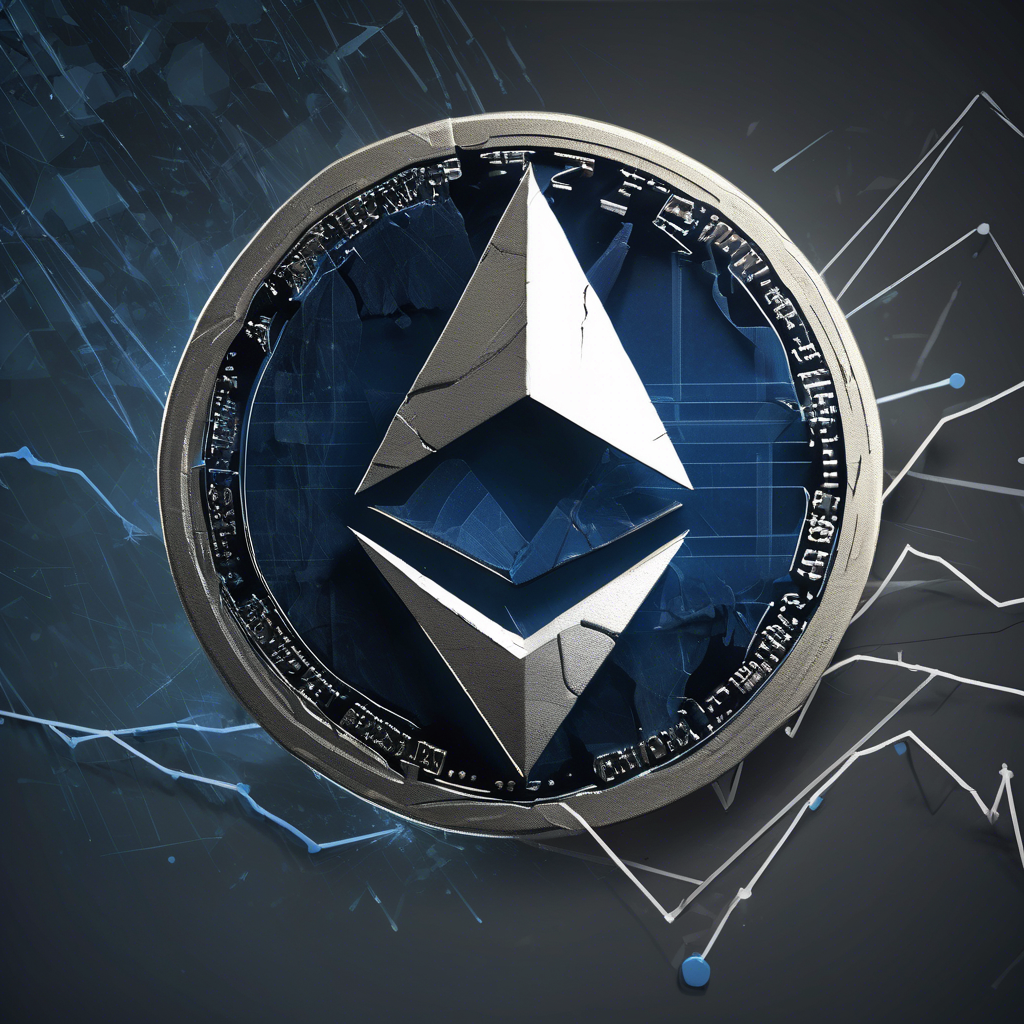Trump Administration Withdraws Biden-Era AI Chip Export Restrictions Boosting Tech Innovation and Alliances

The Trump administration has officially withdrawn a Biden-era rule that would have imposed strict export restrictions on artificial intelligence (AI) chips to over 100 countries without federal approval, signaling a major shift in U. S. policy on advanced tech exports, especially in AI hardware. This rollback follows strong opposition from leading tech companies and foreign governments, who feared the limits could hinder innovation and damage key diplomatic relationships. Originally introduced under President Joe Biden to bolster national security, the rule categorized countries into export control tiers to regulate AI chip distribution—crucial components powering AI technologies from data centers to autonomous systems. The aim was to prevent sensitive tech from reaching adversarial nations. However, prominent semiconductor firms like Nvidia and AMD criticized the policy, warning that strict export controls might drive countries toward China’s growing AI sector, weakening U. S. tech leadership. Microsoft President Brad Smith was notably critical, stating that the restrictions risked sending a negative signal to international partners and harming alliances by fostering mistrust. He stressed the need to balance security with cooperation in tech innovation, reflecting broad calls from the global tech community for more nuanced controls that protect security while preserving partnerships. The U. S. Department of Commerce, citing feedback from industry and foreign governments, emphasized the importance of fostering innovation and sustaining diplomatic ties in explaining the rule’s rescission. Commerce Undersecretary Jeffery Kessler announced plans for a new export framework aimed at better balancing security with collaboration among trusted allies. While details are pending, the administration’s goal is clear: formulate export policies that safeguard national interests without stifling technological progress or alienating key partners. International reaction, particularly from Europe, was largely positive. The European Commission welcomed the reversal, underscoring that EU member states pose no national security threat and should retain uninterrupted access to U. S.
AI technology. This aligns with the EU’s ambition to remain competitive in AI R&D and maintain close U. S. cooperation, with European officials advocating balanced export controls that promote both security and innovation. This development highlights the complex intersection of national security, technological innovation, and geopolitics as AI transforms sectors from healthcare to transportation. Policymakers face the challenge of crafting regulations that mitigate security risks without undermining U. S. leadership or damaging alliances. While the new export control framework awaits finalization, stakeholders in tech and diplomacy eagerly anticipate a strategic approach that protects sensitive technologies from hostile actors while encouraging innovation and global collaboration. The policy reversal underscores the ongoing debate on managing rapidly evolving technology, especially as AI becomes vital for economic competitiveness and security. Balancing restrictive measures with openness remains delicate, significantly impacting global tech leadership, economic growth, and international relations. In summary, the Trump administration’s rescission of the Biden-era AI chip export restrictions signals a move toward more flexible, collaborative export policies. By removing broad limitations affecting over 100 countries, the U. S. aims to preserve its technological edge and reinforce alliances. The forthcoming export control rule will be closely monitored as a key indicator of how the U. S. plans to balance national security with fostering innovation in the fast-evolving AI landscape.
Brief news summary
The Trump administration has overturned a Biden-era rule that restricted AI chip exports to over 100 countries without federal approval, marking a significant change in U.S. export policy. The initial regulation aimed to protect national security by limiting AI chip sales to adversaries but drew criticism from major tech companies like Nvidia, AMD, and Microsoft. These firms warned that the restrictions could hinder innovation, push global AI markets toward China, and damage international partnerships. In response to industry and foreign government concerns, the U.S. Department of Commerce stressed the importance of balancing security, innovation, and diplomacy, announcing plans for a new export framework. European allies have welcomed the move, supporting continued AI technology access among trusted partners. This policy shift underscores the challenge of managing security risks while sustaining U.S. leadership and fostering global cooperation in AI. The upcoming regulations will play a crucial role in shaping the future of U.S. innovation and international collaboration in this rapidly evolving field.
AI-powered Lead Generation in Social Media
and Search Engines
Let AI take control and automatically generate leads for you!

I'm your Content Manager, ready to handle your first test assignment
Learn how AI can help your business.
Let’s talk!

Standard Chartered Lowers Ethereum Price Target A…
Standard Chartered Bank has notably lowered its price target for Ethereum (ETH), the world’s second-largest cryptocurrency, projecting a price of $4,000 by the end of 2025—down from its earlier forecast of $10,000.

"Superhuman" AI could transform medicine, Zocdoc …
At the recent Axios Future of Health Summit in Washington D.C., Oliver Kharraz, CEO and founder of Zocdoc, shared valuable insights on the transformative role of augmentative artificial intelligence (AI) in healthcare.

Aave Labs Introduces Project Horizon for Institut…
Aave Labs has launched Project Horizon, an ambitious initiative to bridge institutional finance and decentralized finance (DeFi), aiming to boost DeFi adoption among traditional financial institutions that have been hesitant due to various challenges.

Trump is Rewriting How the U.S. Treats AI Chip Ex…
President Donald Trump’s recent visit to the Middle East marked a significant shift in U.S. policy regarding the export of advanced artificial intelligence (AI) chips.

Dubai's Vara Monitors Bybit's $1.4 Billion Hack
Dubai’s Virtual Assets Regulatory Authority (Vara) is closely monitoring the aftermath of a massive $1.4 billion security breach at Bybit, a leading cryptocurrency exchange.

Databricks to buy startup Neon for $1 billion to …
Databricks has announced a major strategic move by agreeing to acquire the database startup Neon for around one billion dollars.

Pakistan Eyes Blockchain to Revolutionize Multibi…
Pakistan is actively considering integrating blockchain technology into its vital remittance sector, which forms a substantial part of its economy.

 Auto-Filling SEO Website as a Gift
Auto-Filling SEO Website as a Gift








 Auto-Filling SEO Website as a Gift
Auto-Filling SEO Website as a Gift

